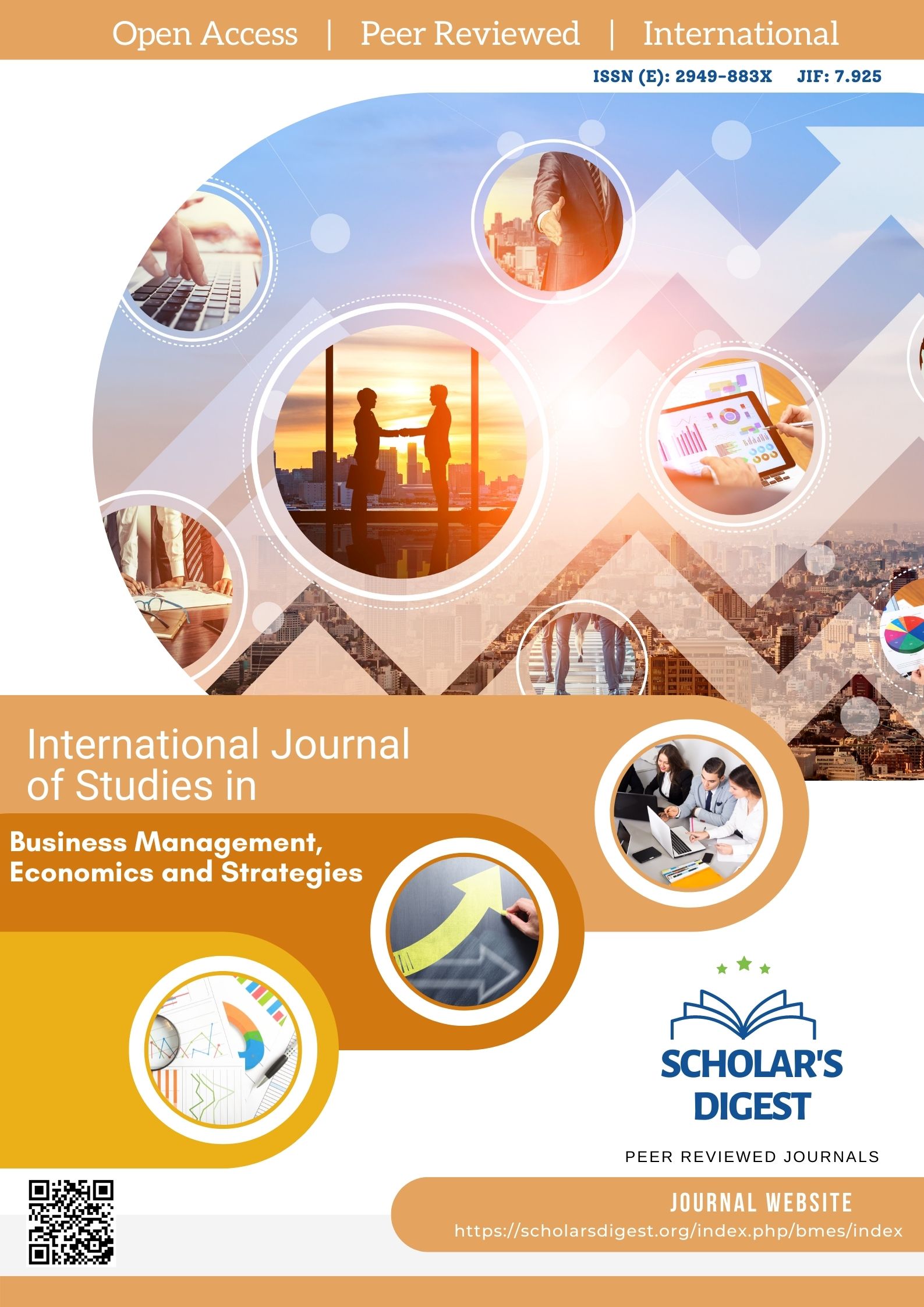THE IMPACT OF PUBLIC EXPENDITURE ON THE IMPORT STRUCTURE IN IRAQ FOR THE PERIOD (2004-2021)
Keywords:
Public Expenditure, Imports, Iraqi Economy, ARDL Methodology.Abstract
The state has adopted economic policies, notably fiscal policy, in an attempt to stimulate the Iraqi economy and address the imbalance in the trade balance. However, administrative and financial corruption and lack of transparency have weakened the effectiveness of fiscal policy in impacting the Iraqi economy in general and the trade balance in particular. One of these tools is public expenditure in its two components: consumption expenditure and investment expenditure. The majority of public expenditure goes towards salaries, wages, and social allowances (government support in general), creating structural weakness in the economic sectors. This has forced individuals to resort to imports to meet their needs for goods and services. The importance of this research lies in the role played by the size of public expenditure in addressing the imbalance in the trade balance. The study concluded that there is a distortion in the structure of public expenditure, which contributes to the imbalance in the trade balance in Iraq. Current expenditures have a greater contribution to the total public expenditure than investment expenditures. However, investment expenditures are often ineffective due to corruption (financial and administrative), as well as a weak investment environment and slow project implementation. This has led to an increase in current expenditures, resulting in increased purchasing power for individuals and increased demand for goods and services. Due to the weak local production of goods and services, aggregate demand (individuals and the government) is met through imports.








